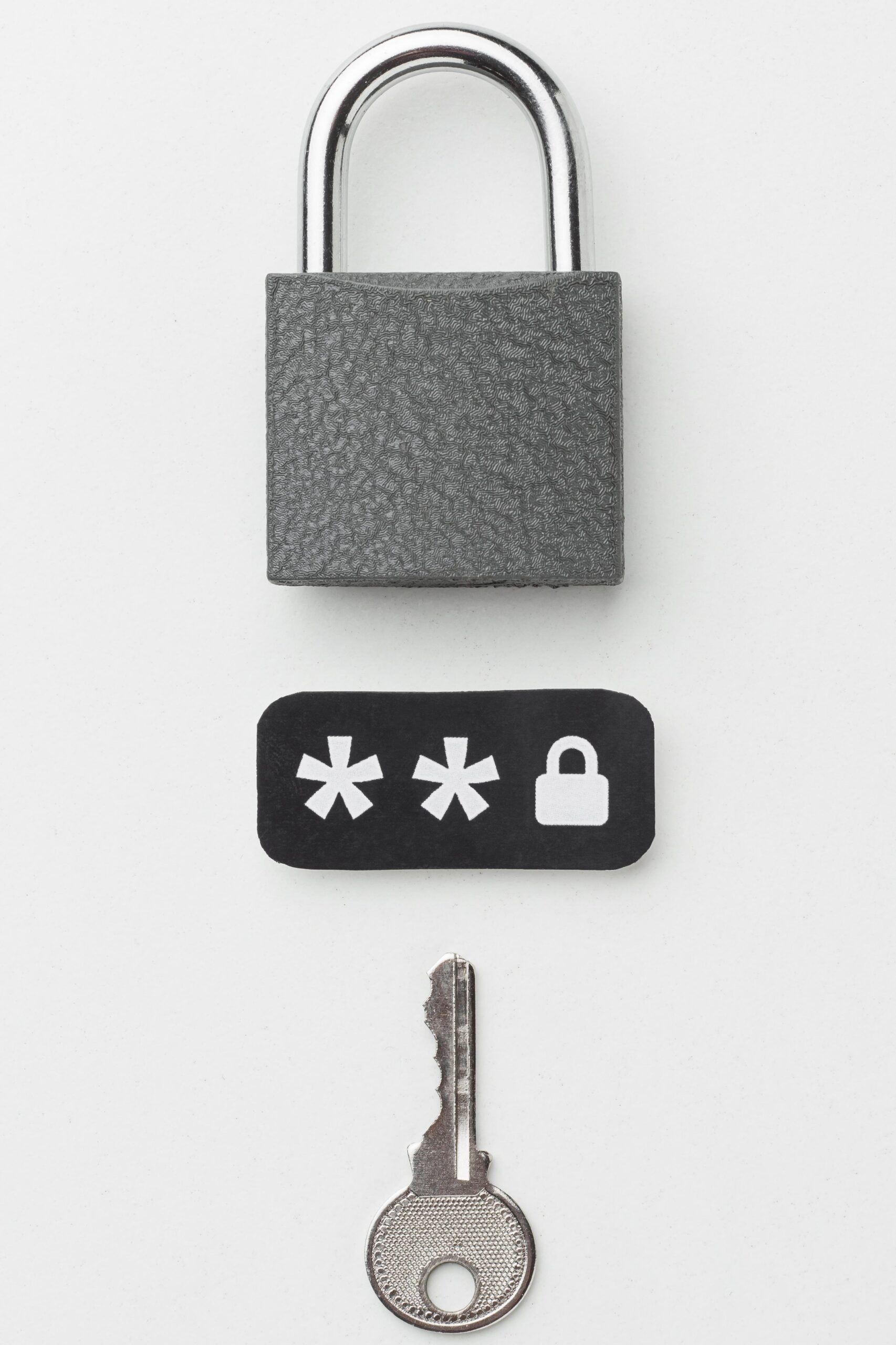








Understanding the world of Funeral Home Payment Processing is crucial for improving service and making customers happy. As the industry changes, effective payment solutions are becoming more than just a nice thing to have; they are necessary for handling both emotional and financial issues during tough times.
Here are some key points to remember:
● Simplified Processes: Advanced systems make billing easier, ensuring smooth transactions that can reduce stress for families.
● Tailored Solutions: Customizing payment plans to meet specific needs shows kindness and understanding in service.
● Importance of Compliance: Following regulatory requirements keeps funeral homes safe from legal problems and builds trust with clients.
The future of funeral home payment processing looks promising with new technologies like contactless payments and digital transactions. These improvements not only make operations more efficient but also meet the rising expectations of tech-savvy consumers.
Welcoming these changes can result in better cash flow, lower fraud risks, and ultimately, a more positive experience for families when they need it most. Putting money into specialized payment solutions isn't just about staying current; it's about establishing a benchmark that respects both the deceased and those who remain.
Get quick answers to our most frequently asked questions.

Efficient payment solutions enhance operational efficiency, streamline billing processes, and improve cash flow for funeral homes. They also contribute to a better customer experience during challenging times by providing flexible payment options.
Funeral homes typically accept various payment methods including credit cards, ACH transactions, and electronic bill presentment and payment (EBPP) services to facilitate smooth financial transactions.
Funeral homes often encounter challenges such as high-risk classification, chargebacks, and fraud risks. These issues can limit their access to mainstream processors like PayPal and Stripe, making it essential to find specialized solutions.
Regulatory compliance is crucial for funeral homes as legal ambiguities can affect their payment options and associated fees. Non-compliance can lead to significant consequences for service providers, making adherence to regulations essential.
Key features to look for in a funeral home payment processor include robust fraud protection tools, effective chargeback management services, and seamless integration with existing management software for operational efficiency.
Advanced payment processing systems enhance customer experience by providing efficient and flexible payment options during difficult times. They help reduce processing times, ensuring that families can focus on honoring their loved ones without financial stress.
